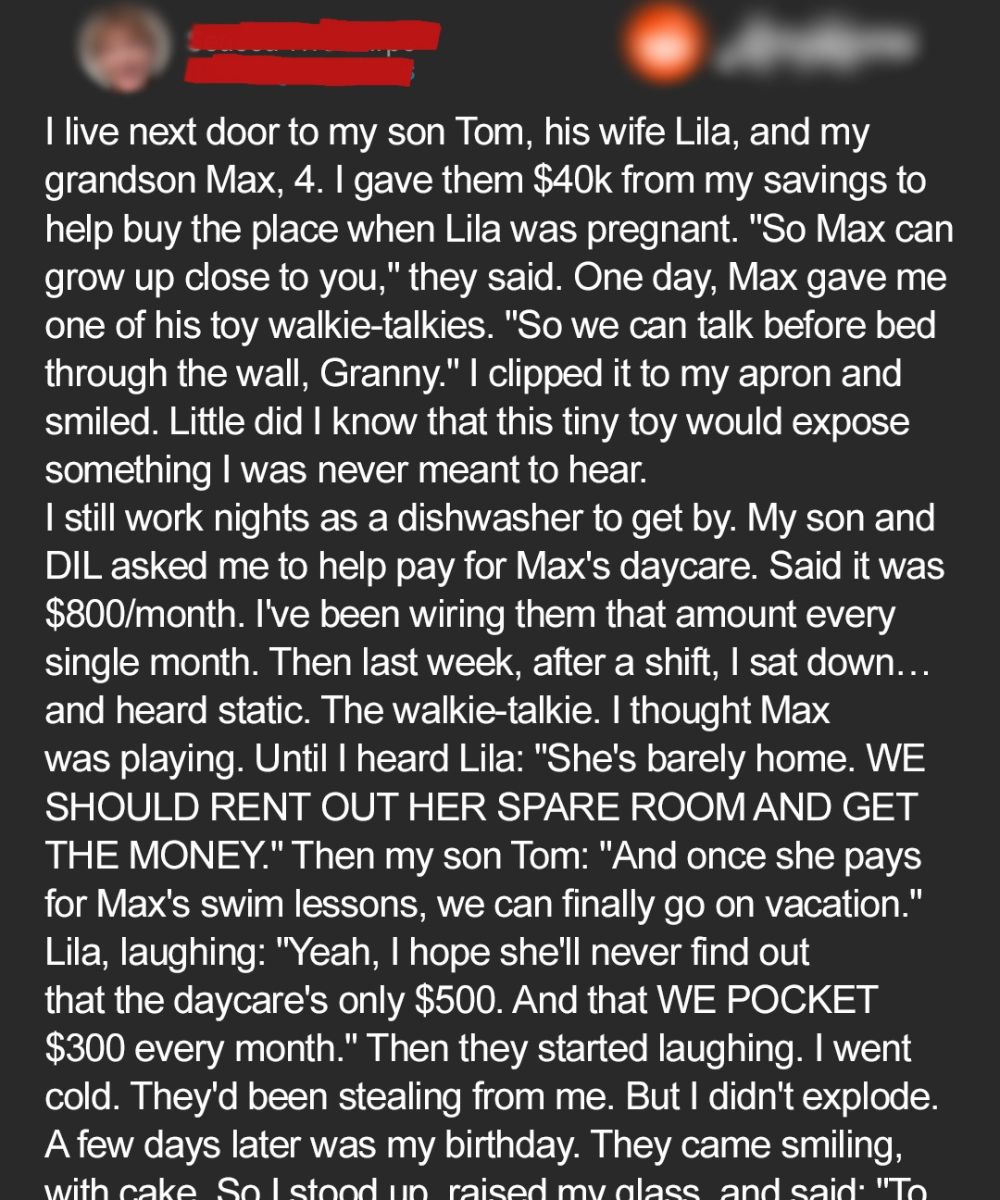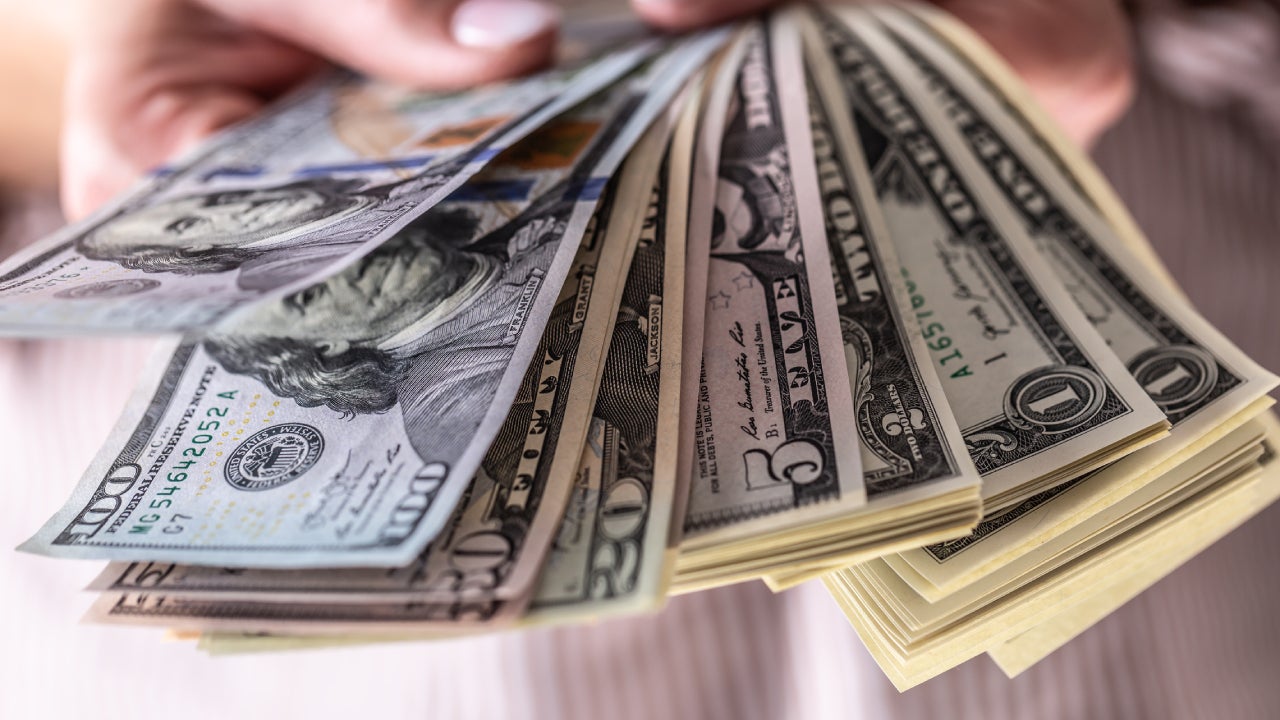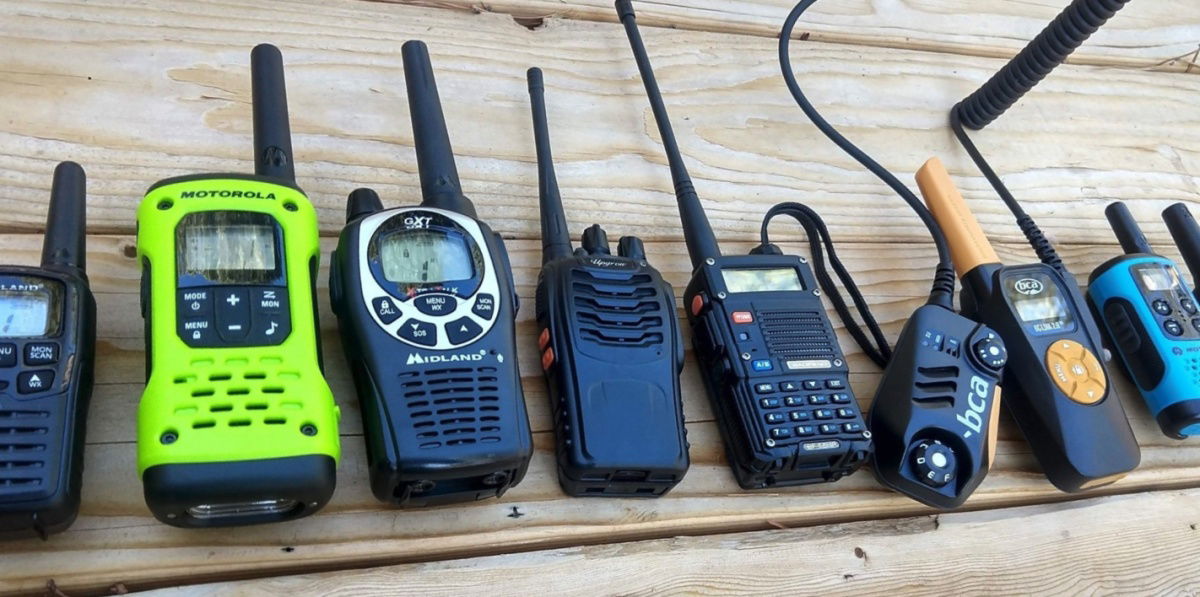
I raised my son by myself and gave him my all—even my retirement fund. But a simple toy from my grandson uncovered the devastating reality of just how little that meant to the boy I brought into this world. If you’ve ever sacrificed for the ones you love, this story is for you.
You pour your life into people, convinced that love alone will make them love you back. But sometimes, that love just makes it easier for them to take advantage of you. I’m Annie. I’m 60. And I’ve lived my whole life with one core belief: family first.
My husband passed away when Thomas, our only son, was seven. I took every job I could—scrubbing toilets, waiting tables, pulling doubles—just to make ends meet.
Now, I have a four-year-old grandson named Max. He has the fluffiest curls and a gravelly little laugh that lights up even my darkest days. Just last week, he toddled over with one of his plastic walkie-talkies, his hands sticky from snacks.

“Grandma Annie, this is for you!”
I laughed. “And what’s this for, darling?”
“So we can talk at night! Just push the button and say my name!”
I clipped it to my apron and smiled. “I love it, sweetie.”
He clung to my legs like a koala. From the other side of the wall, I heard Lila calling him. We live next door to each other at Skyridge Apartments—same corridor, same squeaky boards.
I helped them buy that place five years back when Lila was pregnant. They looked at me with teary smiles.
“So Max can grow up close to his grandma,” they said.
I handed over $40,000 from my retirement savings. It was a huge chunk of money, but I didn’t blink. Because back then, I thought being near family was priceless.
You’ll usually find me in the back kitchen at Murphy’s Diner, elbow-deep in suds and steam. My hands are always cracked, my joints sore. But bills won’t pay themselves.
When Thomas asked if I could help with Max’s daycare, I said yes without a second thought. Even while pinching pennies, I still sent money each month.
“It’s $800 a month,” he said during the winter. “We’re barely scraping by.”
So I paid. Every month. Because when you love someone, you make a way.
Last Wednesday, I came home after a brutal 10-hour shift. I sank into my chair, aching from head to toe.
Suddenly, the walkie-talkie on my apron hissed with static.
“Daddy? You there?” Max whispered, half-asleep.
I chuckled.
Then came something unexpected. Laughter—adult, not innocent. Lila’s voice, cold and amused.
“Seriously, Tom, we should rent out her spare room. She’s barely home.”
I froze and brought the device closer.

“That room could bring in $600 a month easy!” she said. “She won’t even notice.”
Thomas laughed. “She’s too trusting. Always has been.”
“And once she agrees to cover Max’s swimming lessons too,” Lila said, “we’ll finally take that Hawaii trip. She can babysit for free while we’re gone.”
My heart went still. Not out of fear—but from the kind of hurt that carves into your soul.
“Best part?” Lila added. “She thinks daycare’s $800. It’s actually $500. We’ve been pocketing $300 every month. She hasn’t got a clue.”
Thomas chuckled. “Once she’s too old to help, we’ll just put her in a nursing home. Then rent out her place. That spare room is basically a side hustle.”
“She’s such a pushover. Say it’s for Max, and she folds.”
“Absolutely!!”
The walkie-talkie slipped from my trembling hand and hit the floor with a crack.
I sat in silence, staring at the wall I helped pay for—the same wall they planned to exploit.
My own son. The boy I raised. Who I fed, clothed, protected. How could he?
The static died, and a silence fell that felt colder than any winter.
I didn’t sleep that night. Or the next. Their voices echoed in my head, louder than any dream.
How do you give your heart to people, and still vanish in their eyes? How do they forget your love and only see a wallet?
I scrubbed harder the next day. My fingers bled. My stomach growled. And still, all I could think about was what I’d heard.
That’s when I decided: enough. No more silence. No more pretending.
Saturday was my 60th birthday. I invited them to dinner.
Thomas and Lila arrived with a cake from the grocery store and fake grins.
“Happy birthday, Mom!” he said, pecking my cheek. “You look exhausted!”
Lila put down the cake. “We’ve been thinking—it might be time you got some help around here. Maybe a cleaning service?”

I poured coffee, calm and steady. “How thoughtful.”
Max ran over with a crayon drawing and a flower. “Grandma! I made this for you!”
It was us—three stick figures and a dog. “You, me, and Rover!” he said proudly.
“But we don’t have a dog, Max,” Lila said, chuckling.
“Grandma wants one! She told me.”
Thomas laughed. “Mom can’t even care for herself, let alone a dog.”
I set down my cup and stood. “Let’s have some cake. But first, a toast.”
I raised my mug. They followed.
“To family. The ones we trust most.”
“To family!” they repeated.
“I always thought family was everything. When your dad died, Thomas, I worked myself to the bone so you could have a future. I gave you $40,000 so Max could grow up next to me. I send you $800 every month for daycare. All out of love.”
Thomas shifted in his seat.
“But recently, I learned the daycare only costs $500.”
Their smiles disappeared.
“You’ve been stealing from me. For months. And you were plotting to rent my room behind my back. Laughing about me while planning to dump me in a nursing home when I’m no longer convenient.”
“Mom, please…”
“Please what? Explain how you betrayed the woman who gave you everything?”
Lila stood quickly. “You were spying on us?”
“With the toy your son gave me. It’s funny how truth slips out when you’re not watching.”
“We didn’t mean harm. We just—”
“Needed money? So you lied? Took what wasn’t yours?”
I walked to the drawer, pulled out my checkbook. Their eyes followed, confused.
“This ends now. No more $800. No more unpaid babysitting. No more being used.”
I wrote a check for $500. “This is the real daycare cost. And from now on, every dime I save goes into an account for Max. He’ll get it at 18—directly from me.”
“And from today, my bedroom stays locked.”
The room fell silent. Thomas stared at the table. Lila’s lips parted, then closed again.
Max looked up. “Are you mad at me, Grandma?”
I knelt down and hugged him. “No, sweetheart. Never at you.”
“Can we still use the walkie-talkies?”

I smiled softly. “Always. That’s our secret connection.”
Thomas’s voice cracked. “Mom… we’re sorry. We’ll pay it back.”
“With what? More lies?”
He began to cry. “I know we messed up. But you’re still my mom. Don’t shut us out.”
“Shut you out? Thomas, I gave you everything. When you had fevers, who stayed up all night? When you broke your arm, who sat in that ER? When college got too expensive, who sacrificed to pay your tuition?”
“Mom, don’t…”
“When you got married, who paid for the decorations you couldn’t afford? When Max was born, who left work to care for him? When you needed a place, who emptied her savings?”
“You didn’t just take my money. You discarded everything I gave. My trust. My love.”
Thomas buried his face in his palms. “We didn’t mean for it to go this far.”
“Every month, you watched me suffer so you could live easier. And you said nothing.”
Lila tried to speak. “Annie, it wasn’t—”
“You wanted what I could give, not who I am.”
I cleared the table with slow hands. The way I’d cleaned up after everyone for decades. But this time… I felt lighter.
“I raised you to be honest. To care for the people who care for you. Your father would be ashamed.”
“Don’t say that, Mom.”
“Then stop giving me reasons to.”

They left in silence. Max waved, clutching his walkie-talkie like a lifeline.
That night, I washed dishes alone again. But when I looked in the kitchen window, the woman staring back looked stronger. Wiser.
Later, static broke the quiet.
“Grandma Annie? Are you there?”
I pressed the button. “I’m here, my love.”
“Daddy’s crying. Mommy’s mad. Did I mess up?”
I swallowed hard. “No, baby. You gave Grandma the best gift of all.”
“The walkie-talkie?”
“No, darling. The truth. It may sting—but it sets us free.”
“You’ll still love me?”
“Forever and always.”
“Good night, Grandma Annie.”
“Sweet dreams, my angel.”
I clipped the walkie-talkie back to my apron. Soon, I’d open that savings account. And every dollar I earned from now on would go where it truly belonged: toward Max’s future—not his parents’ schemes.
















